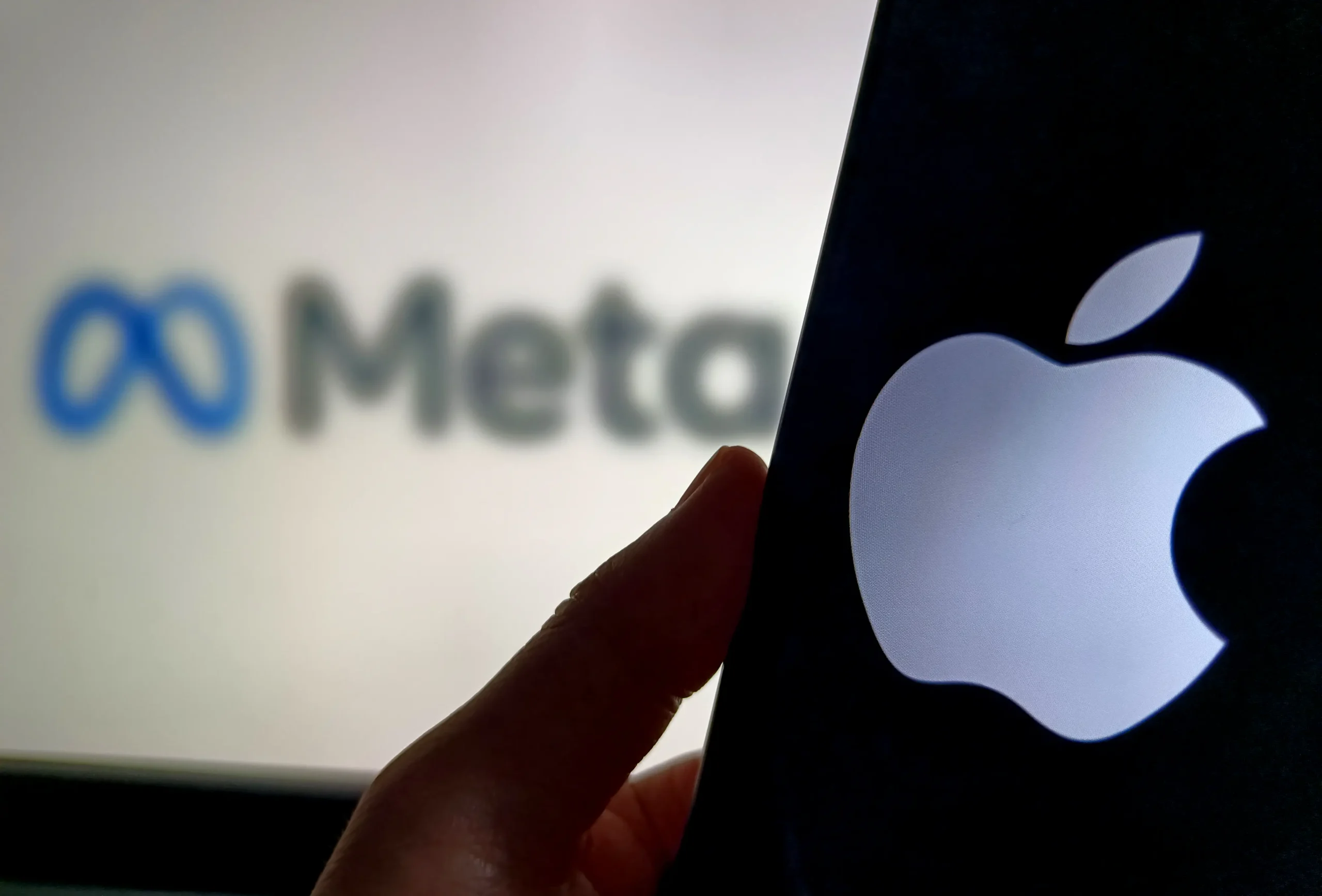The European Union has imposed substantial fines against tech giants Apple and Meta, totaling €500 million (approximately $568 million) and €200 million (around $227 million), respectively, for allegedly violating the bloc’s Digital Markets Act, as reported by The Wall Street Journal.
Apple held accused of neglecting its responsibility to allow app developers to inform users or customers about alternative ways to buy digital products. This allegation underscores the EU’s commitment to fostering transparency and competition within the digital marketplace.
Meanwhile, the EU has highlighted concerns regarding Meta’s practices on its platforms, Instagram and Facebook. The regulatory body insists that users should not be compelled to consent to personalized advertising or face the alternative of paying for a subscription. The European Commission is currently deliberating whether to approve Meta’s proposal for “less-personalized ads” as a potential solution.
These actions come amidst rising tensions between the European Union and the United States concerning trade policies, particularly in light of former President Donald Trump’s diminishing support for Ukraine. Trump has previously criticized EU regulations on technology, labeling them as non-tariff trade barriers and has even threatened retaliatory tariffs in response to these regulatory measures.
Both of the tech giants (Apple & Meta) plan to file an appeal to the EU’s decision.
Apple has expressed their dissatisfaction that the EU has “unfairly” targeted the company, stating that such actions not only harm the privacy and security of users, “are bad for the privacy and security of our users, bad for products, and force us to give away our technology for free.”
According to Meta’s chief global affairs officer Joel Kaplan, the Commission is unfairly targeting “handicap successful American businesses while allowing Chinese and European companies to operate under different standards.”
According to Joel Kaplan, “This isn’t about a fine; the Commission forcing us to change our business model effectively imposes a multi-billion-dollar tariff on Meta while requiring us to offer an inferior service.”














